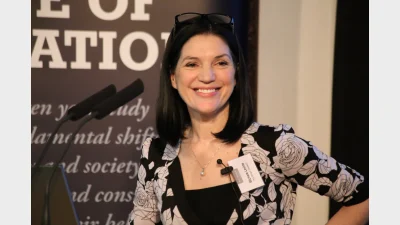Australians still under-educated on super
A disconnect continues to exist among Australians with respect to their superannuation and retirement savings adequacy, according to new research commissioned by big West Australian fund, GESB.
The research, released this week, found that while one in three Australians accepted it was their own responsibility to ensure they had enough money in later life, fewer than half felt responsible for making sure they understood superannuation and the amount of savings they would need.
GESB head of wealth management, Fabian Ross, said the research suggested that only half the message on super seemed to be getting through.
“Saving effectively for later life is not just about contributing to super, but about understanding how you want to live in later life and planning accordingly,” he said.
The research also pointed to geographical differences in attitudes, with Tasmanians more likely to be aware of their position than their counterparts in NSW, South Australia or the Northern Territory.
It suggested that, by and large, Australians expected the Government and financial providers such as superannuation funds and banks to provide them with all they information they would need to inform their retirement savings.
Recommended for you
Large superannuation accounts may need to find funds outside their accounts or take the extreme step of selling non-liquid assets under the proposed $3 million super tax legislation, according to new analysis from ANU.
Economists have been left scrambling to recalibrate after the Reserve Bank wrong-footed markets on Tuesday, holding the cash rate steady despite widespread expectations of a cut.
A new Roy Morgan report has found retail super funds had the largest increase in customer satisfaction in the last year, but its record-high rating still lags other super categories.
In a sharp rebuke to market expectations, the Reserve Bank held the cash rate steady at 3.85 per cent on Tuesday, defying near-unanimous forecasts of a cut and signalling a more cautious approach to further easing.











